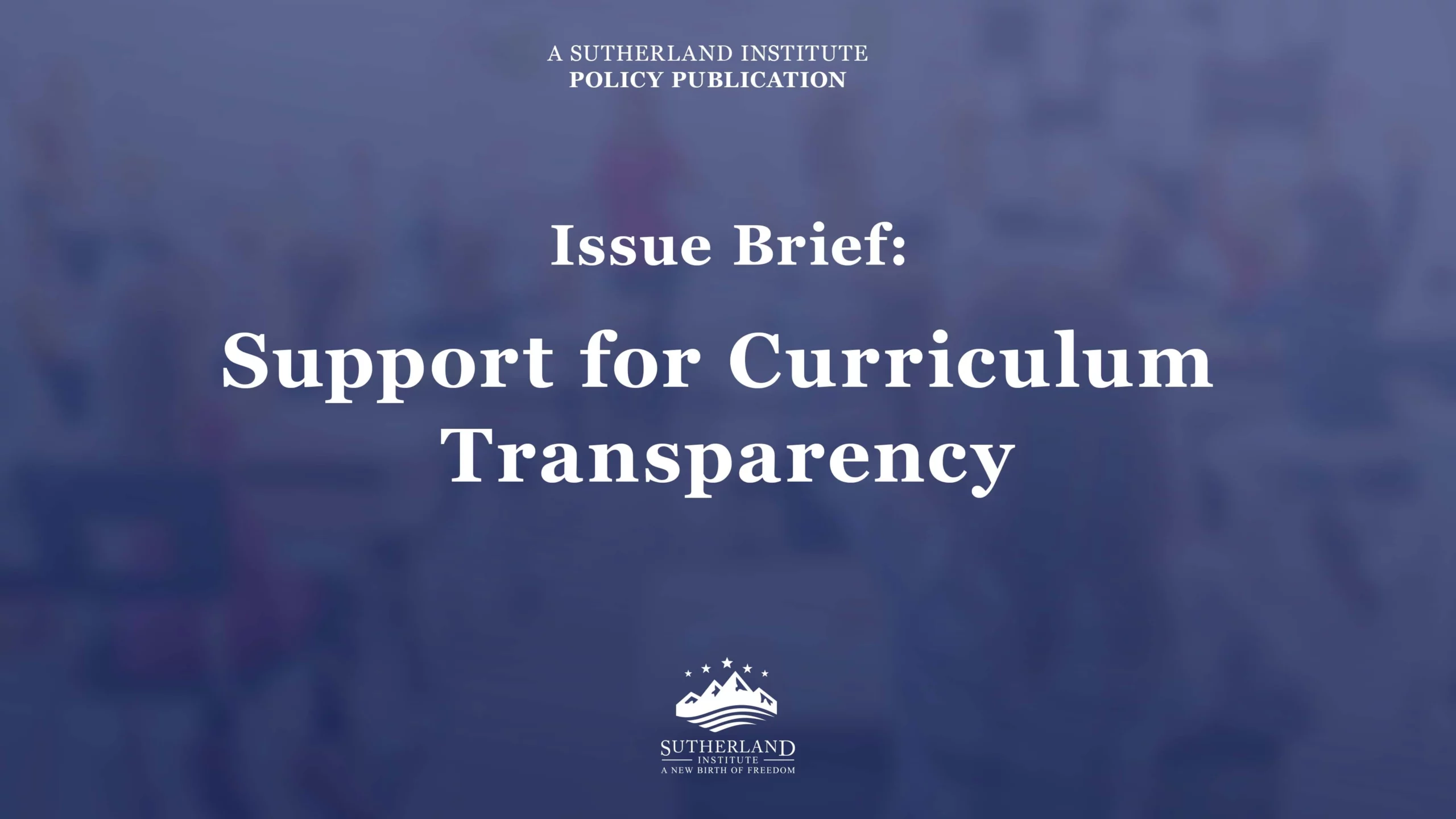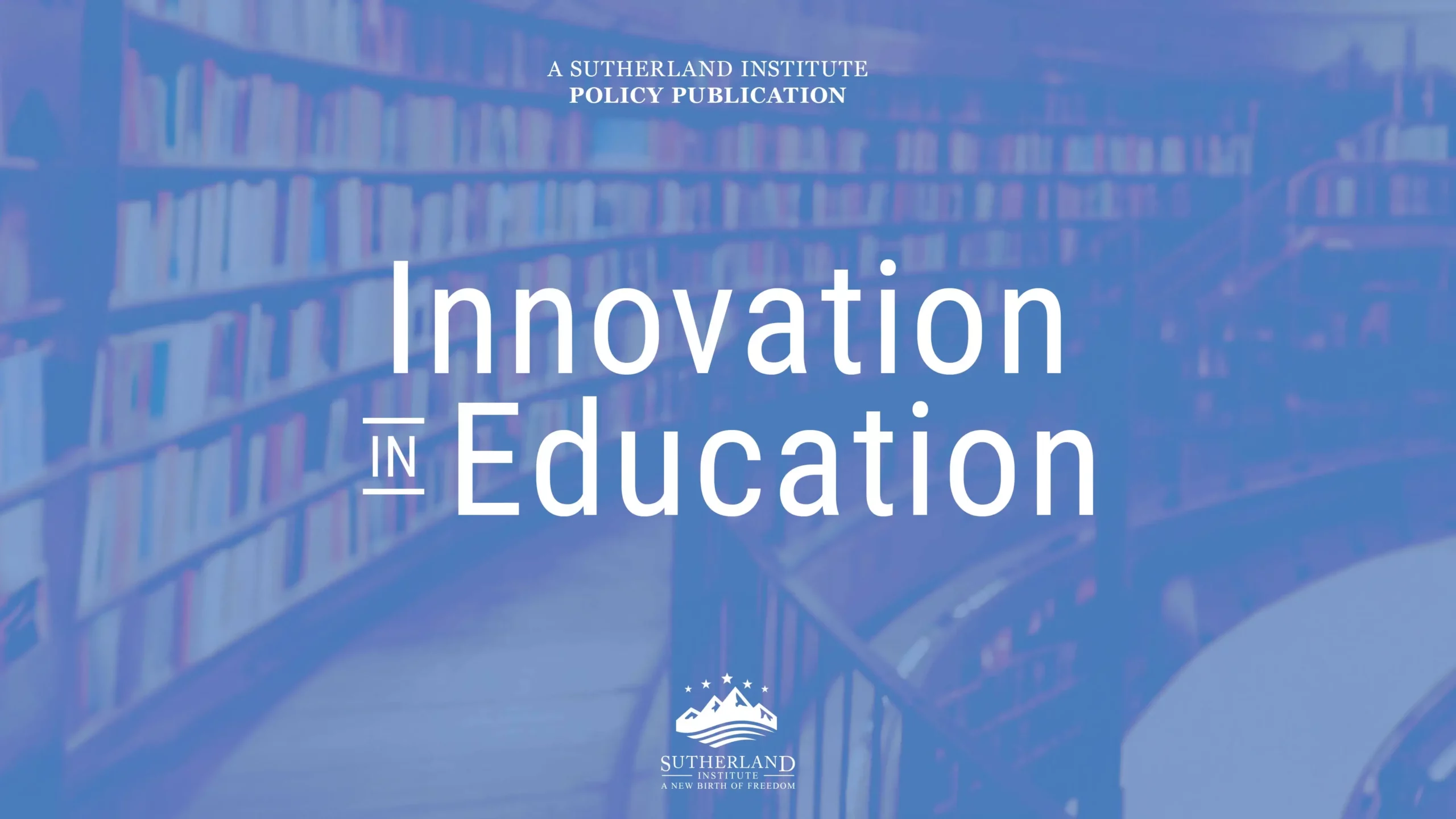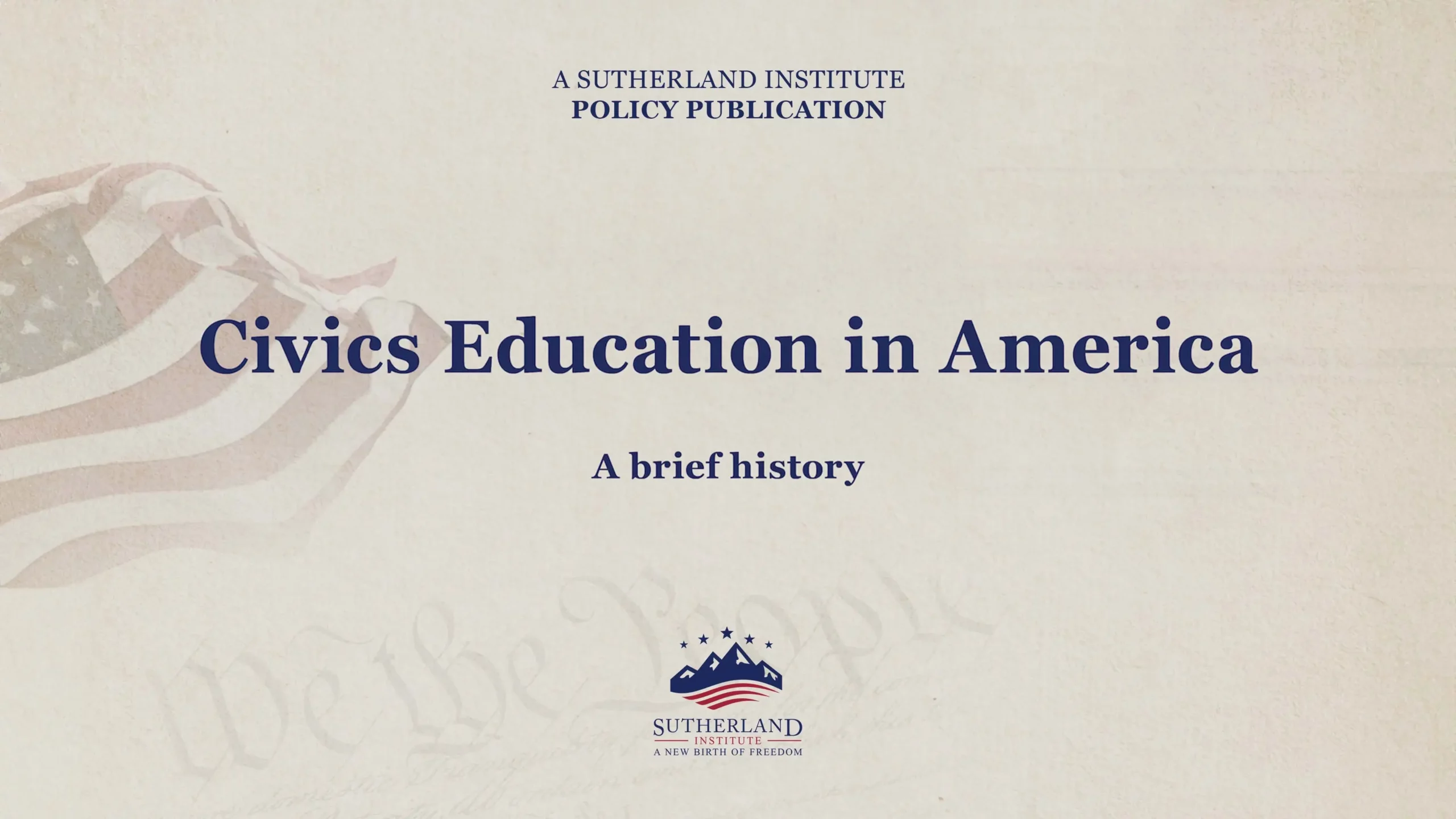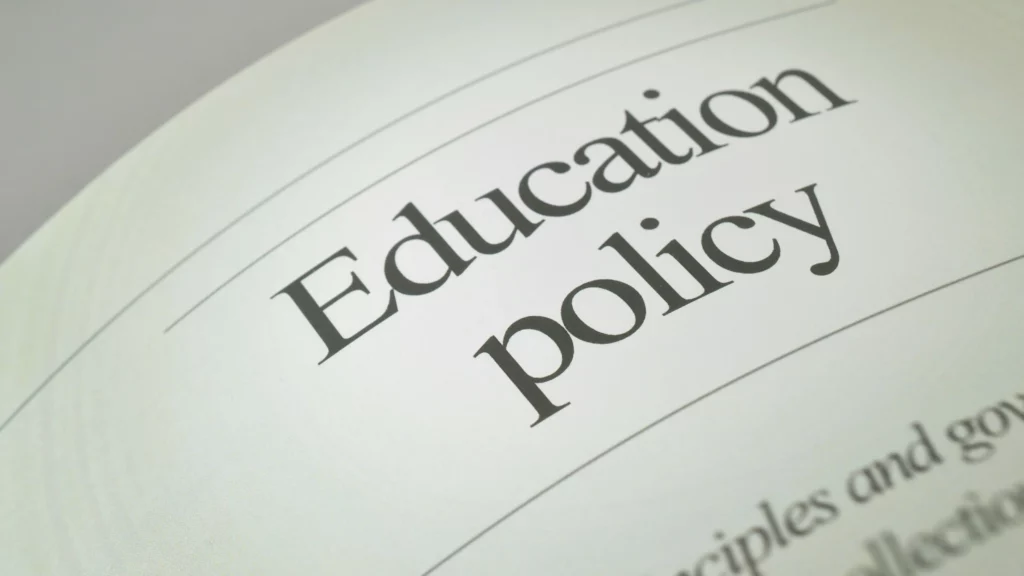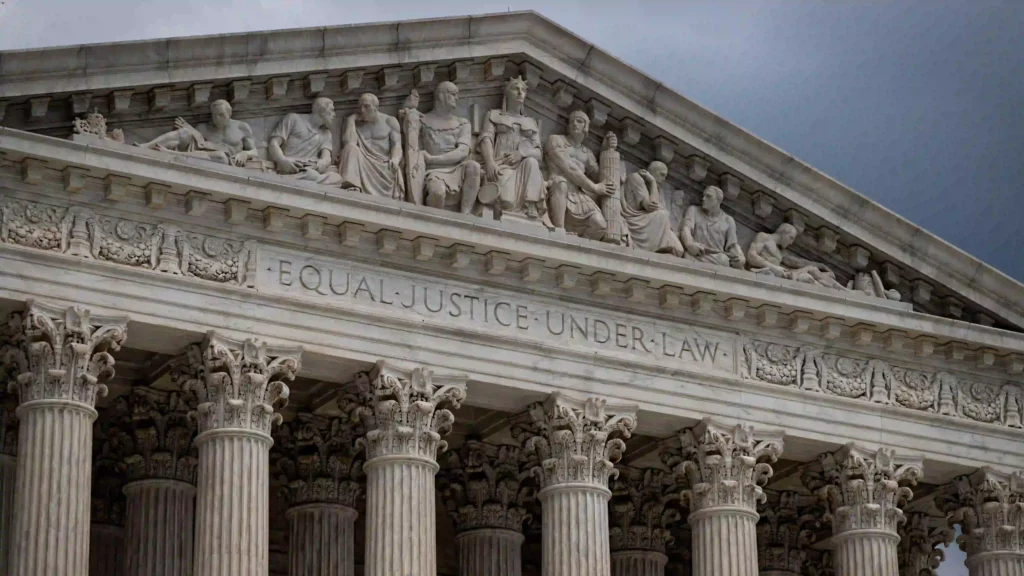Policy
Education
Human beings are magnificent. We were born with a God-given ability to learn and the capacity to grow. As Aristotle put it, “All men by nature desire to know.” Education is broader than any one school system. It’s a series of opportunities to learn, which should be delivered in ways that allow us to meet the unique needs of children. The growing diversity of our student population requires an equitable education for every child, which contemplates both productive citizenship and employment and which is delivered by the best teachers – whoever they are.
This vision for education requires humility and the pursuit of good ideas – wherever they come from. We can achieve this by empowering parents to create learning paths as unique as the student, rejecting approaches that undermine decision-making authority of those closest to the student, respecting taxpayers as owners of the public education system, and protecting the marketplace of options and the innovators who contribute to it. Education is necessary because each individual has the potential to accomplish great things. Education should reflect these truths, and we believe it can.
Education
Human beings are magnificent. We were born with a God-given ability to learn and the capacity to grow. As Aristotle put it, “All men by nature desire to know.” Education is broader than any one school system. It’s a series of opportunities to learn, which should be delivered in ways that allow us to meet the unique needs of children. The growing diversity of our student population requires an equitable education for every child, which contemplates both productive citizenship and employment and which is delivered by the best teachers – whoever they are.
This vision for education requires humility and the pursuit of good ideas – wherever they come from. We can achieve this by empowering parents to create learning paths as unique as the student, rejecting approaches that undermine decision-making authority of those closest to the student, respecting taxpayers as owners of the public education system, and protecting the marketplace of options and the innovators who contribute to it. Education is necessary because each individual has the potential to accomplish great things. Education should reflect these truths, and we believe it can.
Conversations
Utah Fits All – protecting religious options #utpol #religion #education
Making up ground in education scores #utpol #education
How curriculum impacts civic decision-making #utpol
How school boards are the vestiges of true democracy #utpol #education
The burden of regulation on teachers' schedules #utpol
The need to end address discrimination
Utah Fits All – protecting religious options #utpol #religion #education
Making up ground in education scores #utpol #education
Insights & Takeaways
Passing Educational-Freedom Legislation Is Only the First Step
School-choice advocates face challenges beyond just implementation, even in friendly states.
Utah is a leader in open enrollment – but it could do more
Open enrollment, which Utah has had since 1990, is not nearly as controversial as other types of education choice policies, but it is a key education choice tool nonetheless.
Spending and performance: How do charter schools stack up?
In reviewing Utah’s charter schools, we see that there is not a clear trend between higher per student spending and better performance on metrics on school report cards.
UEA lawsuit filings offer 3 civics lessons
Voters should know that direct lawmaking in education rests with the Utah Legislature and not the Utah State Board of Education, the governor, or any other entity.
Does Canvas give parents robust access to curriculum?
Widespread availability of Canvas isn’t the end of the quest for more parent access to learning tools – it should spark discussion about how to achieve a higher parent access standard.
Who governs education in Utah?
Utah Gov. Spencer Cox has announced his new senior advisor of education, prompting interest in Cox’s education priorities. But in Utah, the governor has less direct policymaking influence in education than other entities. Here’s an explanation.
How does the ‘YES’ program teach the success sequence?
Nonprofit offers research-based health education programs that could align well with Utah’s grade 7-12 standards and help teach outcomes of the success sequence.
Can new sexual development standards help teach ‘success sequence’?
A nonprofit that works to get information on sexual risk avoidance to youth across the nation has launched K-12 academic standards on optimal sexual development. Here’s how the standards can help teach the success sequence.
A look at the Love Notes curriculum
Evidence-based curriculum is aimed at helping kids create healthy relationships.
What do academic scores on the ‘Nation’s Report Card’ tell us?
Students haven’t made up for the learning loss from the pandemic, and in many cases, they are still declining. But there are some wins and promising trends.
New Supreme Court case at intersection of religion and parents’ rights in education
Despite state law, Maryland school district declined to give parents notice of teaching of sensitive sexuality-related topics and the ability to opt their children out. The parents sued.
Do we need a one-stop shop for open enrollment data?
In several states, there are online platforms that make open enrollment data and navigation easy for parents. Utah should consider how this might look in our state.





